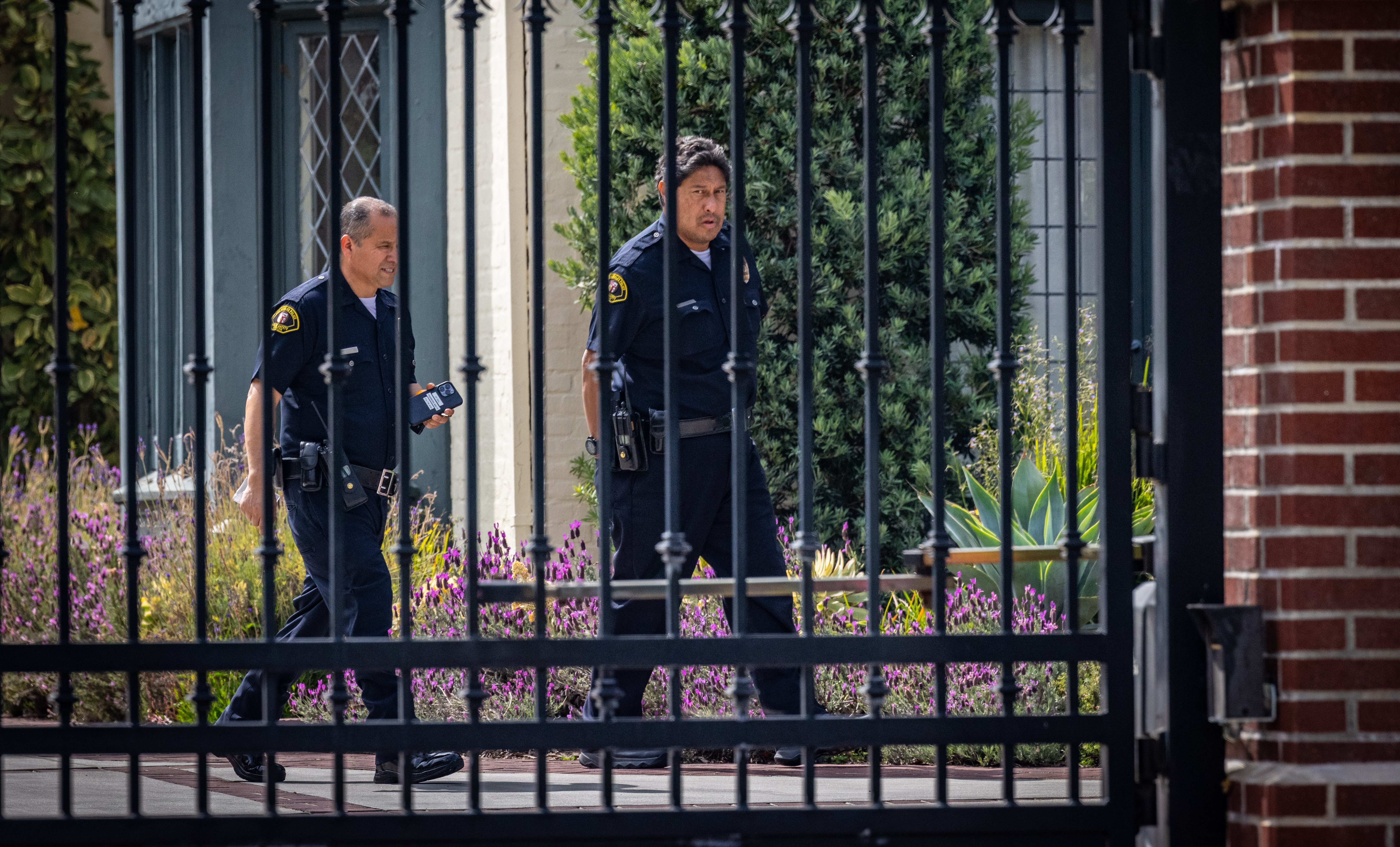USC fired two longtime student health clinic administrators as a result of a Los Angeles Times investigation revealing years of misconduct complaints against the university's veteran gynecologist Dr. George Tyndall, the newspaper reported.
The Times reported on its website that Dr. William Leavitt, the lead physician at the Engemann Student Health Clinic, confirmed he was fired Friday afternoon and said he was not informed of the reasons for his termination. Tammie Akiyoshi, the clinical director at the health clinic, was also fired, the paper said.
The terminations come as outrage grows over USC's handling of Tyndall and as more former patients reveal to The Times increasingly disturbing stories about their treatment while they were students.
The Times reported that Leavitt, a physician at USC since 1991, said in a brief phone interview that "I'm basically the scapegoat ... From my perspective it's a wrongful termination."
USC revealed this week that complaints about Tyndall dating back to the early 2000s reached Dr. Larry Neinstein, the late executive director of the clinic, but he "handled patient complaints independently," the newspaper reported.
The university said it was unclear why Tyndall was allowed to remain in his position. Leavitt said that Neinstein, who died in 2016, was being unfairly blamed, and he dismissed USC's portrayal of his management, according to the newspaper.
"Dr. Neinstein never did anything without consulting the people above him," Leavitt told The Times.
News
Top news of the day
The Times reported that then-clinical director Akiyoshi had received several complaints from a nurse about lewd remarks and inappropriate pelvic exams by Tyndall.
The newspaper reported that former colleagues alleged that Tyndall targeted young women, especially those from China and other Asian countries, for exams that included inappropriate touching and lewd remarks about patients' sex lives and bodies.
The Chinese government issued a pointed public statement Wednesday expressing "serious concerns" about USC's handling of Tyndall.
A day earlier, the university revealed a nearly two-year-old investigation into Tyndall's practices, finding that he made racist and sexually inappropriate comments and conducted improper exams.
USC President Max Nikias acknowledged complaints about the doctor in a letter to USC students, alumni and faculty that alluded to The Times' investigation, which found that concerns about the gynecologist dated back decades. The newspaper had been investigating Dr. George Tyndall for months prior to the university's acknowledgment.
According to Nikias, the school's Office of Equity and Diversity got a complaint about Tyndall in June 2016 and immediately launched an investigation -- which included surveying 2,500 student patients -- and placed Tyndall, now 71, on administrative leave. USC terminated the gynecologist's employment in June.
In addition to the racially and sexually inappropriate comments, medical assistants questioned Tyndall's practice of digital insertion before using a speculum to conduct pelvic exams. While one expert consulted by the university said it could be considered an acceptable practice, an independent reviewer called the practice "outdated and not current standard of care," according to a summary of the investigation linked to Nikias' letter.
Tyndall himself has defended his practice as appropriate, according to the university.
However, The Times reported complaints dating back to the 1990s, when co-workers alleged that the doctor inappropriately photographed students' genitals. The newspaper accused the school of ignoring repeated reports about Tyndall -- reportedly the health center's lone full-time gynecologist for nearly 30 years -- until a frustrated nurse reported him to a campus rape center, leading to his suspension.
The university's summary said photos found in the doctor's office related to disease and abnormalities, did not identify patients, and could have been used for clinical reference.



